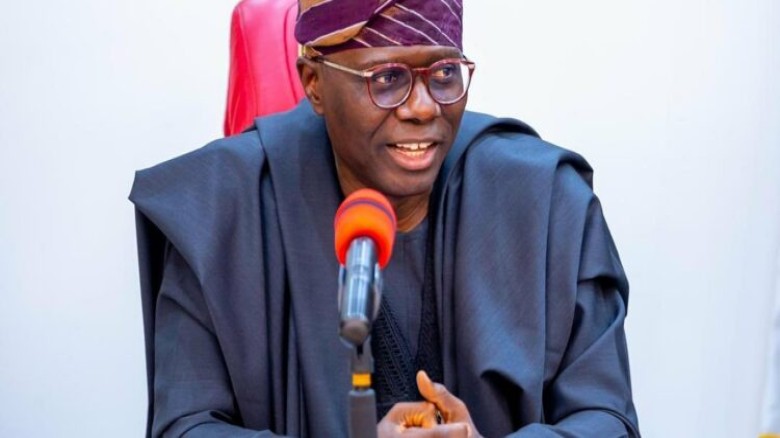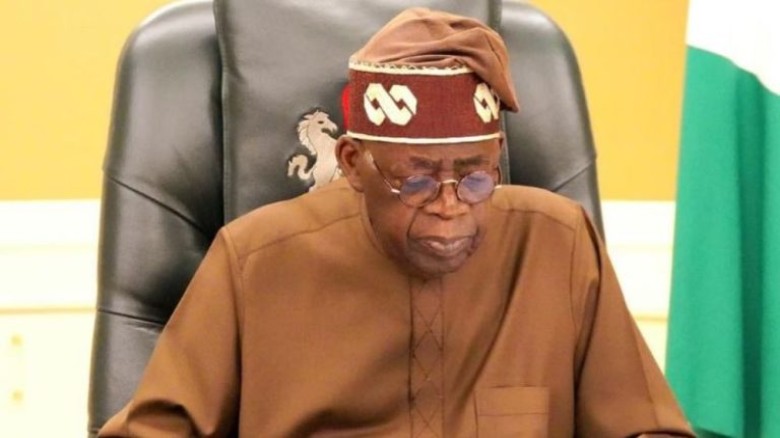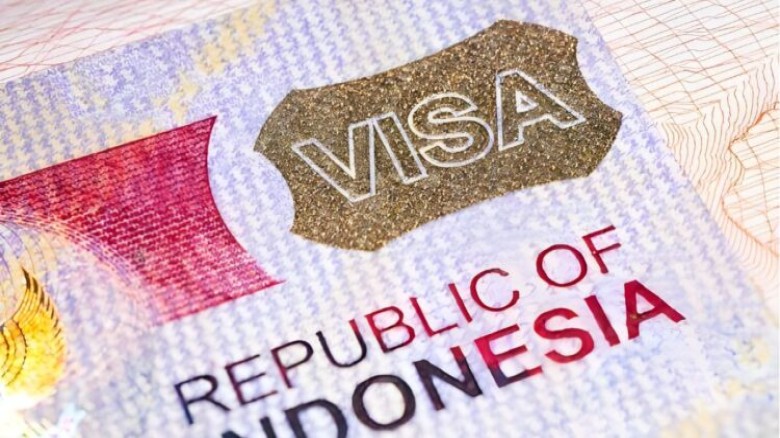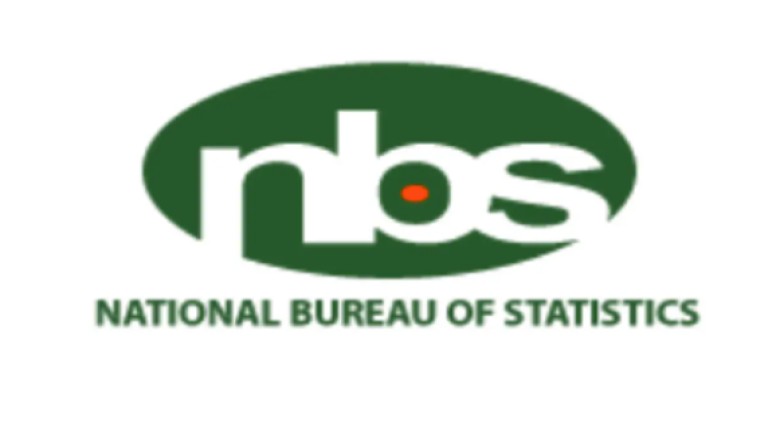Use diaspora remittances to eradicate poverty, W’Bank tells Nigeria, others
Nigeria and other nations receiving sizable remittances from the diaspora have been urged by the World Bank to use these funds to combat poverty and meet other national needs.The international lender revealed this in its most recent Migration and Development Brief, stating that the amount of diaspora money coming into Nigeria was $19.5 billion, less than the anticipated N20 billion.
Still, at 35 percent, it was the highest in sub-Saharan Africa.
The report mentioned that other regions were also experiencing a decrease in remittances.
Remittances continued to outperform Foreign Direct Investment and Official Development Assistants in spite of the slowdown; the bank anticipated that this trend would intensify in the upcoming years as a result of pressures from migration brought on by shifting demographics, disparities in income, and climate change.
This is not to say that FDI or ODA might be replaced by remittances. FDI is essential for developing nations, particularly for investments in green infrastructure. In order to address externalities like climate change and the need for public financing, they also require ODA. According to the report, instead, nations should pay attention to the volume and stability of remittances and figure out how best to use them to reduce poverty, fund health and education, increase household financial inclusion, and give state and non-state businesses better access to capital markets.
When compared to other locations, Sub-Saharan Africa has the highest average remittance cost, at 7.9%.
The World Bank states that these remittance expenses comprise payments for, among other things, stamp duties, bank fees, and the money transfer operator's portion.
The study also stated that opaque foreign exchange markups frequently covered up the costs imposed on senders and occasionally recipients.
Remittances frequently enter unregulated channels in nations with fluctuating exchange rates. According to the paper, under certain situations, foreign exchange may not even cross borders, depriving the recipient nation of access to it.
Earlier this year, Taiwo Oyedele, the Chairman of the Presidential Committee on Fiscal Policy and Tax Reforms, pointed out during a panel discussion at the Lagos Chamber of Commerce and Industry's 2024 Economic Outlook and Budget Analysis that although the World Bank estimated that $20 billion would be brought into Nigeria in 2023, the majority of the funds did not come in.
The World Bank estimated that our diaspora remittances would total almost $20 billion in 2023. More than 90% of that, in our estimation, did not reach Nigeria. It was externalising them.
Many Nigerians with whom we have spoken have informed us how they currently transmit money practically anywhere. They make use of digital apps. The list of those apps is here. They make advantage of rates from parallel markets. Therefore, they bring the dollars here in Nigeria and credit the naira, he said.
In the meantime, the Central Bank of Nigeria has given 14 International Money Transfer Operators preliminary approval in an effort to encourage remittances into the nation through official channels.
























Leave A Comment